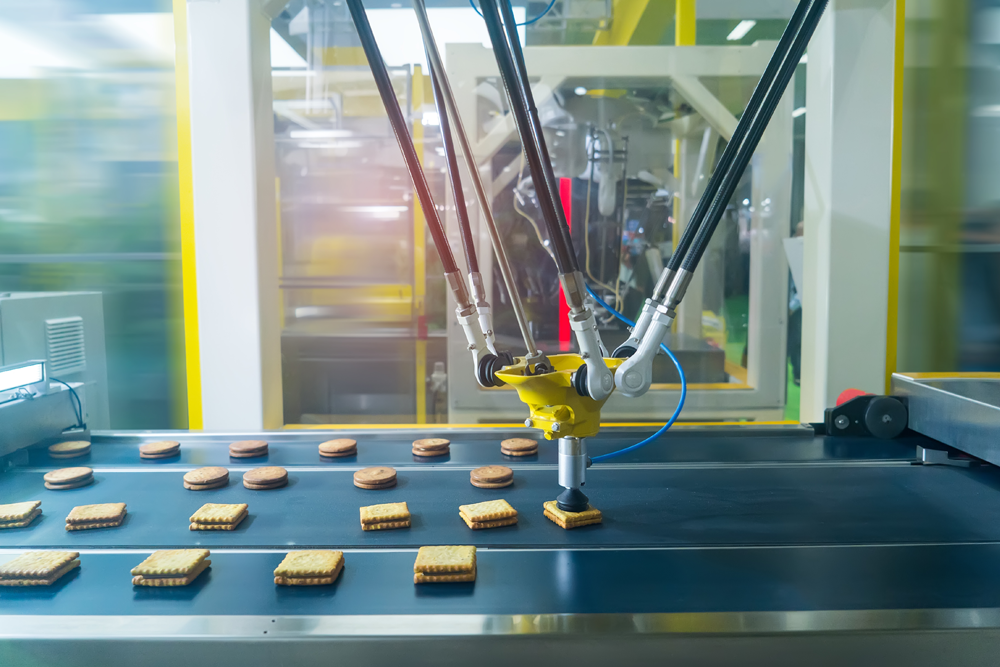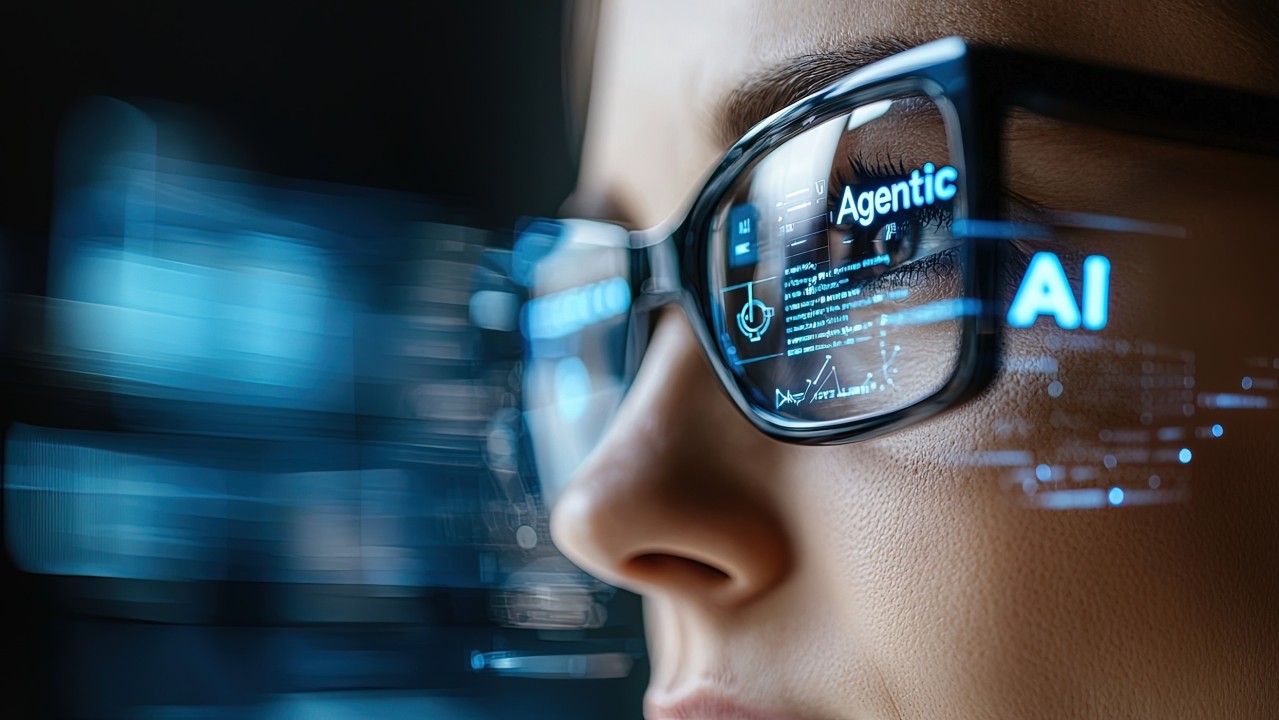The Future of Food: Amazing Lab Grown And 3D Printed Meat And Fish
2 July 2021
When Professor Mark Post created the first lab-grown burger in 2013 by using about 20,000 strands of protein, food critics who tasted it weren’t repulsed, but there was a lot to figure out before lab-grown meat would be a viable meat alternative for the masses. Since that time, progress has been made to not only reduce the costs of production, but the interest in a more sustainable and ethical food supply has also grown. The future of food might be very different than we have now with meat and seafood produced in labs or by 3D printers and even nutritionally optimised for every individual.

Interest in Alternative Sources of Food Grows
Since the world’s population is expected to reach 9 billion by 2050, there is renewed focus on how to create a food supply that can sustain this amount of people without destroying our planet. According to the U.N. Food and Agriculture organisation (FAO), industrialised agriculture is responsible for a significant portion of our air pollution, biodiversity decline, climate change and land degradation. Growing food in labs is one solution that creates more food with less space and damage to the environment if we can find a way to produce it cost-effectively at scale.
Additionally, developing countries are increasing their meat consumption, so they could quickly reach the consumption levels of North America and Australia. Additional food production increases emissions, which then can ruin the ecosystem required to sustain the animals and crops we need to feed them before they get slaughtered and processed for our consumption.
Lab-Grown Meat
Researchers from a variety of start-ups are now tackling the problem to create meat without using an animal to help meet future demand. Growing meat in a lab could cut greenhouse gas emissions caused by agriculture to drop 78-96 per cent while using 99 per cent less land. Often referred to as cellular agriculture, researchers take stem cells from an animal—cow, pig, chicken and sea creatures—and then place it in a growing medium in a bioreactor to produce “cultured meat.” While the science can’t yet create the texture of a fine steak, processed meat such as burgers, chicken nuggets and meatballs are getting good reviews and are expected to be available on supermarket shelves in five years.
In an effort to sway popular opinion about the benefits of cultured meat, a fictitious website called Bistro In Vitro helps educate people about the benefits of meat grown in a lab. Fast-food chain Burger King recently launched a Whopper sandwich made with an Impossible™ patty—a patty made from plants, but that has the flavour and aroma of beef. While not grown in a lab, the Impossible burger exposes consumers to more meatless alternatives. This, along with other initiatives, might eventually get more people prepared to accept meat alternatives when they are available.
Seafood Not from the Sea
There are other companies focused on cell-based seafood, including BlueNalu and Finless Foods. Just like Professor Post, BlueNalu employees extract muscle cells from a particular fish to grow in a lab. Ultimately the vision for these cells is to be cultivated in a lab until they grow large sheets of whole muscle tissue that can then be packaged for sale. This vision is not yet reality as few of the seafood-focused companies have seafood that’s available to sample yet. But when they do, this seafood won’t have heads, tails, bones, blood or contaminants such as mercury, parasites and plastics.
Smart Food
With a continued focus on improving health and nutrition, a new sector is growing in the food industry—smart food. Smart food is not only pre-packaged and convenient, but it’s also nutritionally optimised. Companies around the world, including Soylent (U.S.), Huel (U.K.) and Vitaline (France) are focused on this service. It doesn’t seem like it will be in the too far distant future, by 2169 according to a report from Sainsbury, when we could implant food via microchips that are developed specifically for our individual needs.
Other Future Food Developments
Using vegetable proteins, the first piece of “meat” has been printed using a 3D printer. This technology also allows for customization of the ingredients to accommodate an individual’s dietary needs. Part of the challenge is to create a piece of meat that tastes, feels and looks like what consumers expect, and the results are getting better.
In the coming years, there will be a continued focus on food as medicine and plant-friendly food. More people will reduce their consumption of meat due to animal welfare, health and environmental concerns. The alternative proteins market is expected to grow by 25 per cent—algae milk or cricket flour, anyone?
Further into the future, it might be the norm that we enjoy a perfect fillet steak or seared piece of tuna, 3D printed on demand, that includes not only everything we need to keep us healthy but won’t require us to kill any animals.
What do you think will be part of the future of food?
Related Articles
Dreamforce 2025: Why I’m Excited About Salesforce’s Agentic Enterprise Revolution
By now, “smart” versions exist of just about every home appliance, gadget and gizmos we can think of. However, manufacturers continue[...]
Robots And AI Are Rewriting The Future Of Surgery
By now, “smart” versions exist of just about every home appliance, gadget and gizmos we can think of. However, manufacturers continue[...]
Space, AI, And The Future Of Human Potential
By now, “smart” versions exist of just about every home appliance, gadget and gizmos we can think of. However, manufacturers continue[...]
Invisible Intelligence: Nokia’s Networks With A Sixth Sense
By now, “smart” versions exist of just about every home appliance, gadget and gizmos we can think of. However, manufacturers continue[...]
7 Great AI Hopes That Could Change The World
By now, “smart” versions exist of just about every home appliance, gadget and gizmos we can think of. However, manufacturers continue[...]
Will AI Replace Human Creativity?
By now, “smart” versions exist of just about every home appliance, gadget and gizmos we can think of. However, manufacturers continue[...]
Sign up to Stay in Touch!
Bernard Marr is a world-renowned futurist, influencer and thought leader in the fields of business and technology, with a passion for using technology for the good of humanity.
He is a best-selling author of over 20 books, writes a regular column for Forbes and advises and coaches many of the world’s best-known organisations.
He has a combined following of 4 million people across his social media channels and newsletters and was ranked by LinkedIn as one of the top 5 business influencers in the world.
Bernard’s latest book is ‘Generative AI in Practice’.










Social Media